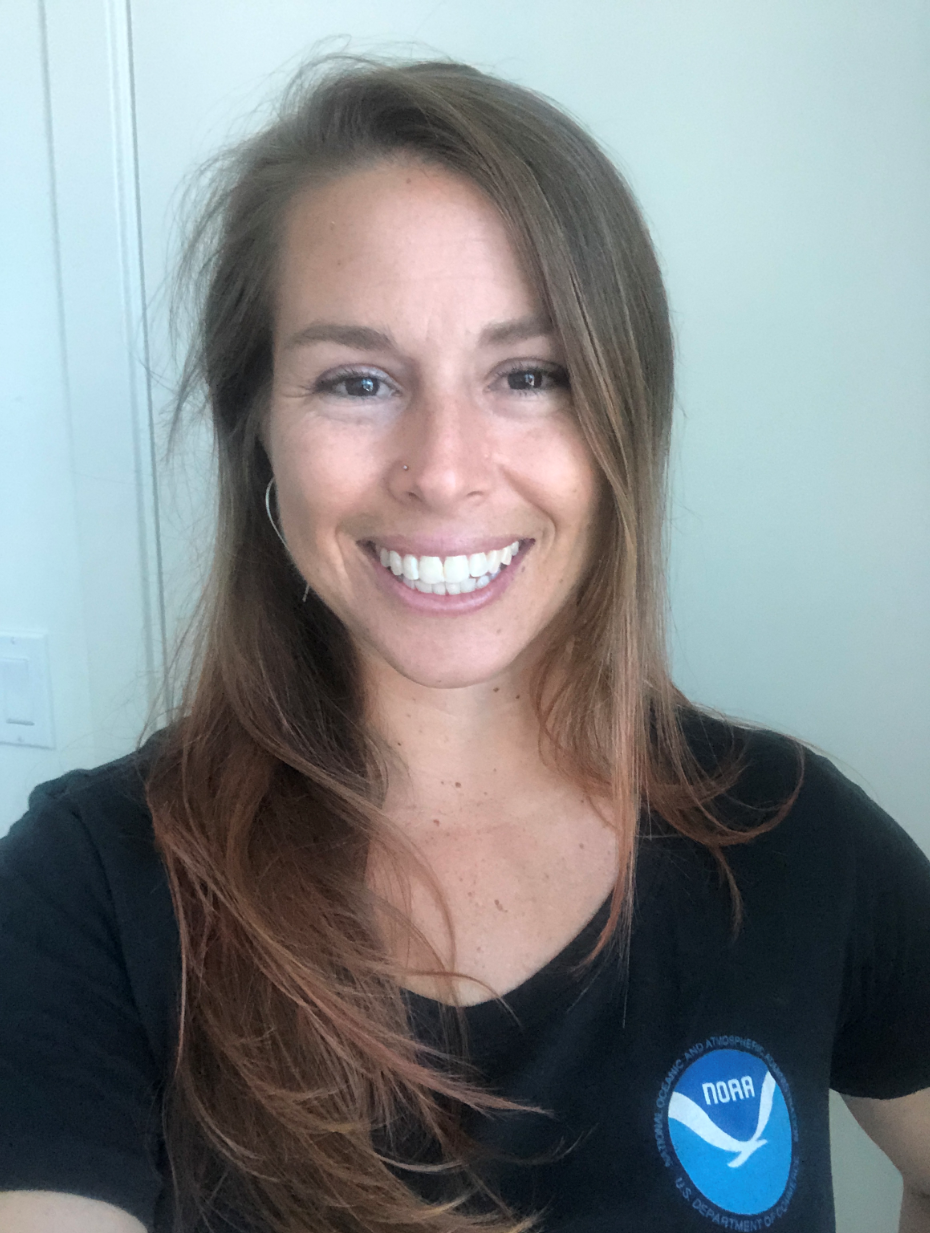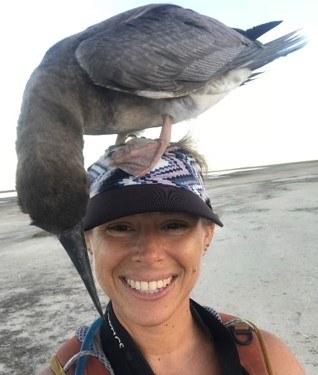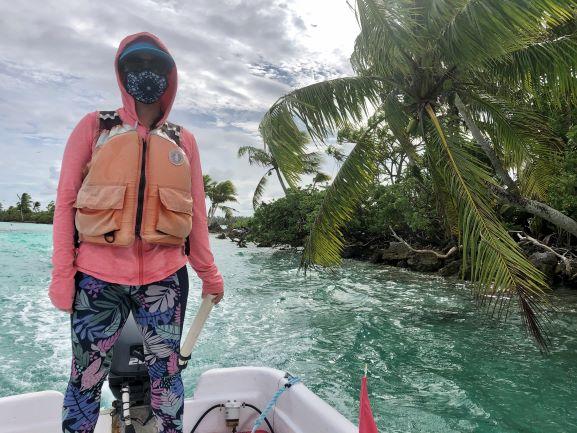Career Spotlights



Hope Ronco
How did you find yourself in conservation? Who (or what) is your biggest inspiration in committing to this field?
I have been passionate about the ocean for my entire life. A memory that stands out to me is from elementary school where I had a teacher who incorporated the local marine life into his science lessons. We took field trips to nearby beaches to collect marine invertebrates and fish to put into a large saltwater fish tank in our classroom to study. The animals were all released at the end of the year, but I was hooked (pun intended). From then on I pursued every marine science opportunity I could, and eventually graduated from Eckerd College in St. Petersburg, Florida with a BS in Marine Science in 2011. Over the years, I have worked with marine and freshwater fish, marine turtles, seals, and seabirds at remote field sites ranging from Florida to Trinidad to tiny islands throughout the central Pacific. I began working with the Hawaiian Monk Seal Research Program first as a volunteer, then as seasonal field staff, and eventually full time field staff in 2017. There are days where I’m still not sure what I want to be when I grow up, but it’s important to me to be part of a team conducting good science and applied research that contributes to conservation.
It probably sounds corny, but I found Steve Irwin so inspiring as a child. I loved his shows and his obvious passion but also respect for the wildlife he worked so closely to conserve and protect. As I have grown older, I continue to be inspired by his and now his family’s continued commitment to wildlife conservation and environmentalism.
These days, I am inspired most by the dedicated individuals who commit countless months and years of their lives to remote conservation work. By nature, remote work is often both physically and mentally demanding, occasionally grueling, and sometimes thankless. Despite those hardships, a recent publication found that about a third of Hawaiian monk seals alive in 2012 were individuals or offspring of individuals that had received a survival enhancing intervention between 1980 and 2012. The majority of these interventions were conducted by staff and teams deployed to remote field sites throughout the Hawaiian Archipelago. To me, this study is a great reminder that every conservation action, no matter how small, can cumulatively have a profoundly positive impact on a species. I want to thank all the hardworking individuals whose blood, sweat, and tears have contributed to the field of conservation – you inspire me!
Describe a typical work week or work day.
No two days are the same! In my current role, I coordinate logistics for the Hawaiian Monk Seal Research Program, which means wearing many hats. I oversee the management of our field equipment and boats, so on any given day, you may find me working from my computer to update inventories, build purchasing lists, and consolidate records. I also spend a large amount of my time inventorying and packing supplies or conducting maintenance and repairs to our equipment and boats. In the summers, I work closely with our seasonal field teams to support their training and get their gear ready for the season. I represent our program on research cruises as chief scientist or operations lead to deploy our field teams, which involves lots of spreadsheets and organization ahead of time, and day to day planning with the ship crew while on the cruise.
I also closely work with our population assessment and veterinary teams to lead and participate in Hawaiian monk seal research and recovery activities. When it is safe to do so, we go out into the field to survey for seals and sometimes apply identifying marks such as hair bleach or flipper tags to individual animals. We also respond to sick and injured animals, which can be as simple as taking pictures onsite to send to our vet team, but can also involve trimming fishing line down from a hook embedded in a seal’s mouth, or even capturing an animal to bring into our facility for surgery or supportive care. We don’t know what each day (or seal) will bring, so working with our team requires a lot of flexibility!
What is your most favorite or valuable memory working in the conservation field?
I have so many wonderful memories of working in the field with small teams! I really value both the teamwork and creative problem solving that are often necessary when working with a small team in a remote setting with limited resources
One of my more recent favorite memories is from working with the Hawaiian Monk Seal Research Program during the 2019 field season. I was deployed as part of a four person team at Pearl and Hermes Reef for the summer. At Pearl, we camp on the beach, and use two small boats to transit between the islands of the atoll to survey for seals. When not in use, our boats are moored offshore of our camp and they actually stay in the water all summer. A few weeks into the season, through no fault of our team, hardware installed on the inside of one boat actually rubbed a hole through the bottom and the boat started taking on water. This could have ended our ability to boat for the remainder of the season, and nearly did! Ultimately, we put our heads together and finally figured out how to beach the boat with only four people, take it apart, patch the hole, and relaunch. The patch lasted through the summer and we were able to complete our season successfully. If you had asked me if this was going to be possible before the season, I would have said no! What I love about working in this field is that you never know exactly where you will end up, and what you will need to learn along the way to succeed.
What is conservation to you?
To me, conservation is about protecting our natural resources. Hawai’i is sometimes referred to as the extinction capital of the world. There are countless native and endemic species here facing a litany of threats such as disease, invasive species, habitat degradation, and climate change. Conservation is about finding ways to contribute to protecting these species and their habitats.
What advice do you have for students or emerging professionals?
Follow what you love, and keep at it. This can be a hard field to break into, but don’t give up! It really does take time to find the right program and the right role for you, so have patience and don’t lose heart. Be persistent – keep sending out those resumes and applications, and keep following up!
